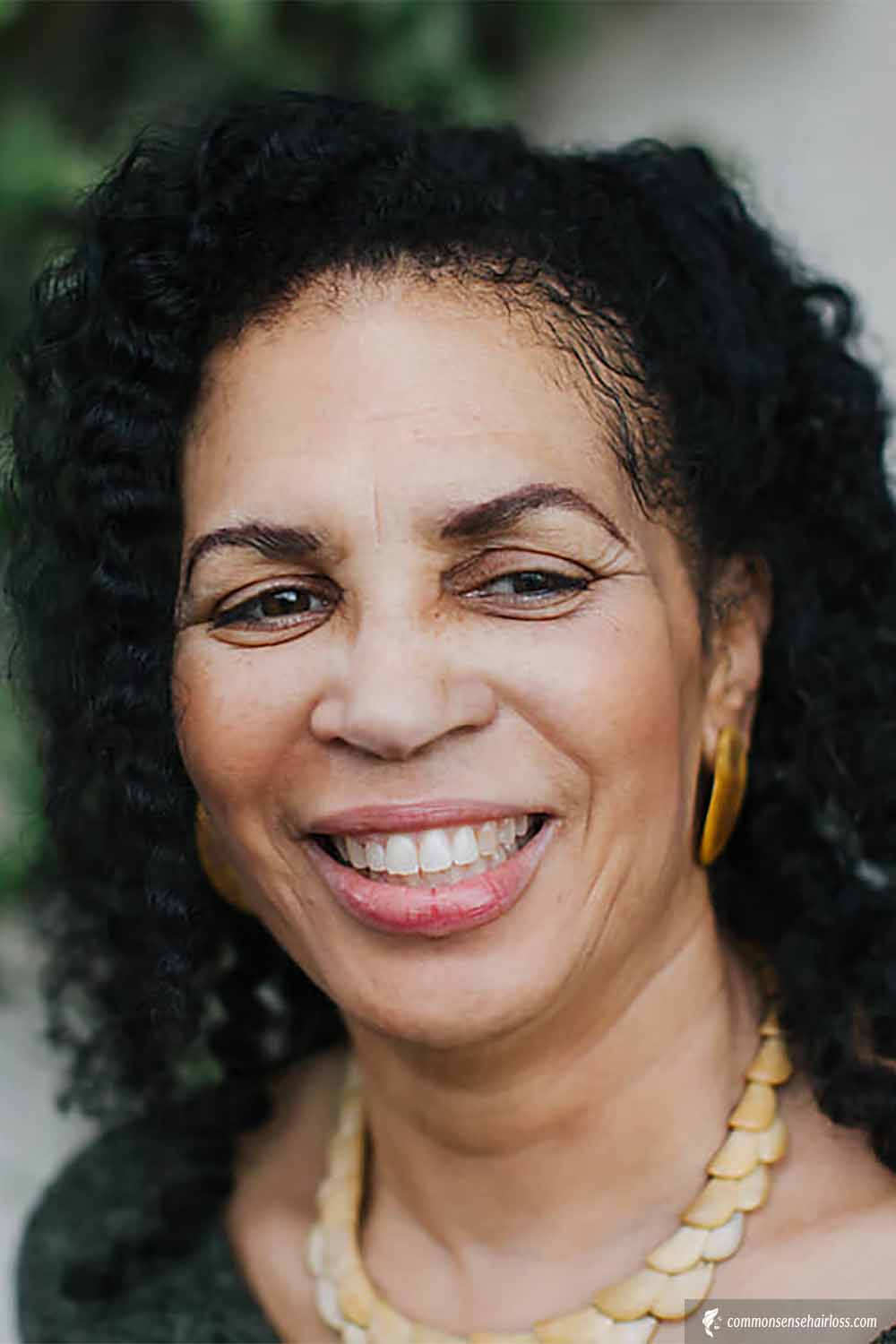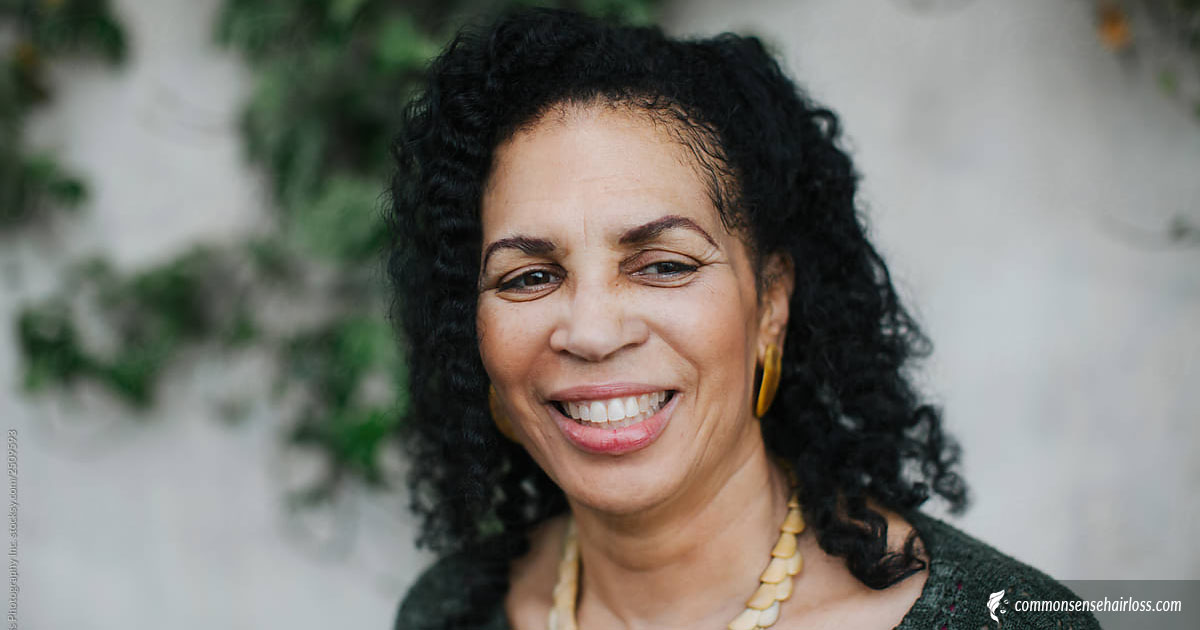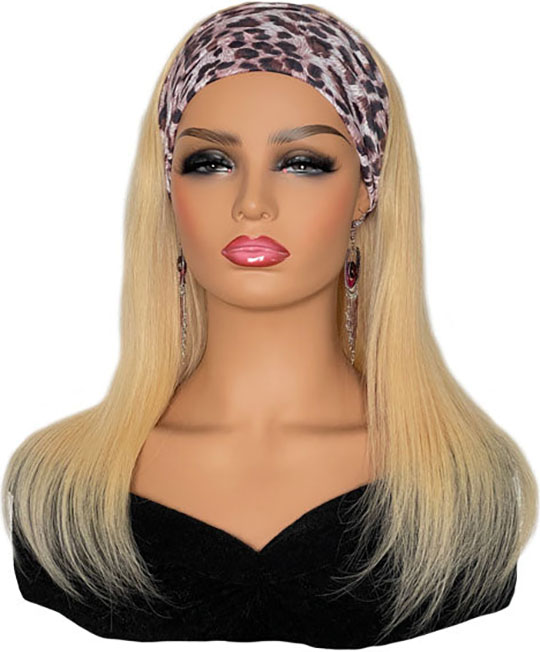At some point in their lives, all women experience the natural biological process of menopause. The body adjusts to fluctuating hormone levels and goes through numerous physical changes. Many women have unpleasant symptoms during menopause, including insomnia, hot flashes, and mood swings. Hair loss is another common occurrence during menopause.
While men experience noticeable bald spots, women have overall hair thinning. The hair thinning can occur on the top, front, or sides of the head. And sometimes hair fall out in large clumps during showering or brushing.
Understanding Hair Loss During Menopause
Research indicates that hair loss during menopause is the result of a hormonal imbalance. More precisely, it’s related to a lowered production of estrogen and progesterone. These hormones help hair grow faster and stay on the head for longer periods of time.
When estrogen and progesterone levels drop, hair grows slowly and becomes much thinner. This level drop also triggers an increase in the production of androgens; a group of male hormones. Androgens shrink hair follicles, resulting in hair loss on the head.
In some cases, these hormones can cause more hair to grow on the face. This is why some menopausal women get facial hair and hair under the chin. In fact, hair loss is almost always related to hormonal changes for menopausal women. However, there are many other factors contributing to hair loss during menopause as well. For instance, illness, lack of certain nutrients, or stress.
Obviously, losing one’s hair creates a sense of self-consciousness about their appearance. If your hair loss appears to be permanent or not growing back as quickly as you like, there are alternatives.
Headbands wigs are a popular alternative for those looking to enhance their appearance. If you’re not sure what they are, it’s a wig where the hairline is masked with a headband. Made with 100% human hair, our headband wigs look just like your natural hair. They are cost-effective compared to a full wig, so you can have a different look for any occasion.
There are also steps you can take to treat hair loss and improve the quality of your hair. Follow these tips to keep your locks healthy and strong during menopause.
01. Eat Well
Eating a balanced, low-fat diet is your best defense against hair loss. Make sure you include an adequate amount of whole grains, fruits, and vegetables in every meal. It’s also important to incorporate mono-saturated oils, such as olive oil and sesame oil, into your diet. Drinking green tea and taking vitamin B6 and folic acid supplements may help restore hair growth as well. Essential fatty acids also play a crucial role in maintaining hair health. These fatty acids can be found in salmon, tuna, flaxseed oil, walnuts, and almonds.
02. Get Moving
Exercise is a key component of a healthy lifestyle. You’ll feel stronger and happier once you incorporate exercise into your daily routine. It also helps prevent some of the other symptoms of menopause, including mood swings, weight gain, and insomnia. All of these factors are important for maintaining hormonal balance, which promotes healthy hair growth. Choose a form of exercise that works for you. You could even walk with a friend, join a gym, or go for a run.
03. Reduce Stress
It’s important to keep your stress levels in check to prevent a hormonal imbalance. Reduced estrogen production can affect your brain chemistry and cause mood swings, anxiety, and depression. However, doing yoga and other breathing relaxation methods are especially effective in fighting menopausal symptoms. Exercising regularly can also help reduce stress.
04. Stay Hydrated
Your body needs to be hydrated in order to function properly. Load up on water all day long and pass on juices and sodas. These beverages and other flavored drinks contain more sugar than your body needs. The amount of water needed varies from person to person. It also depends on various factors, including overall health and exercise intensity. As a general rule, however, you should aim to have eight 8-ounce glasses of water per day.
Some medications have side effects that include hair loss. So, talk to your doctor if you’re experiencing significant hair loss. And you think that your medication might be the cause. Your doctor will know the best course of action.







